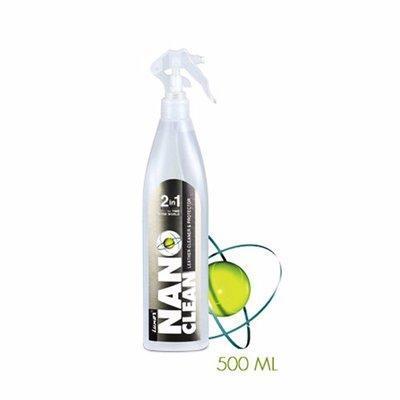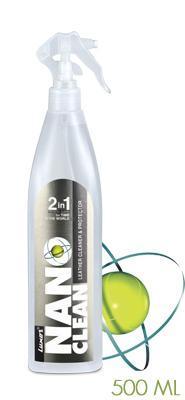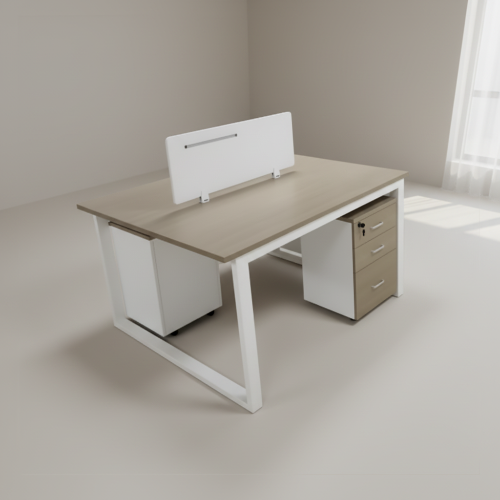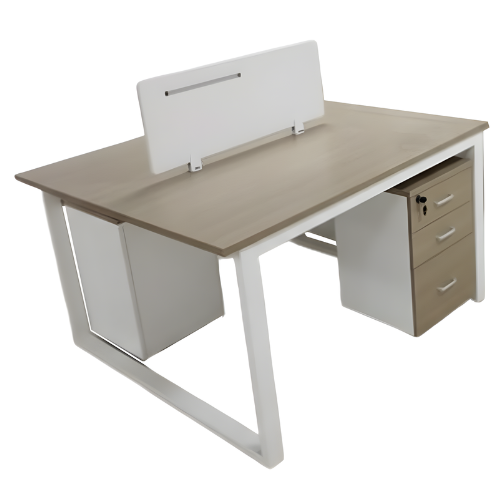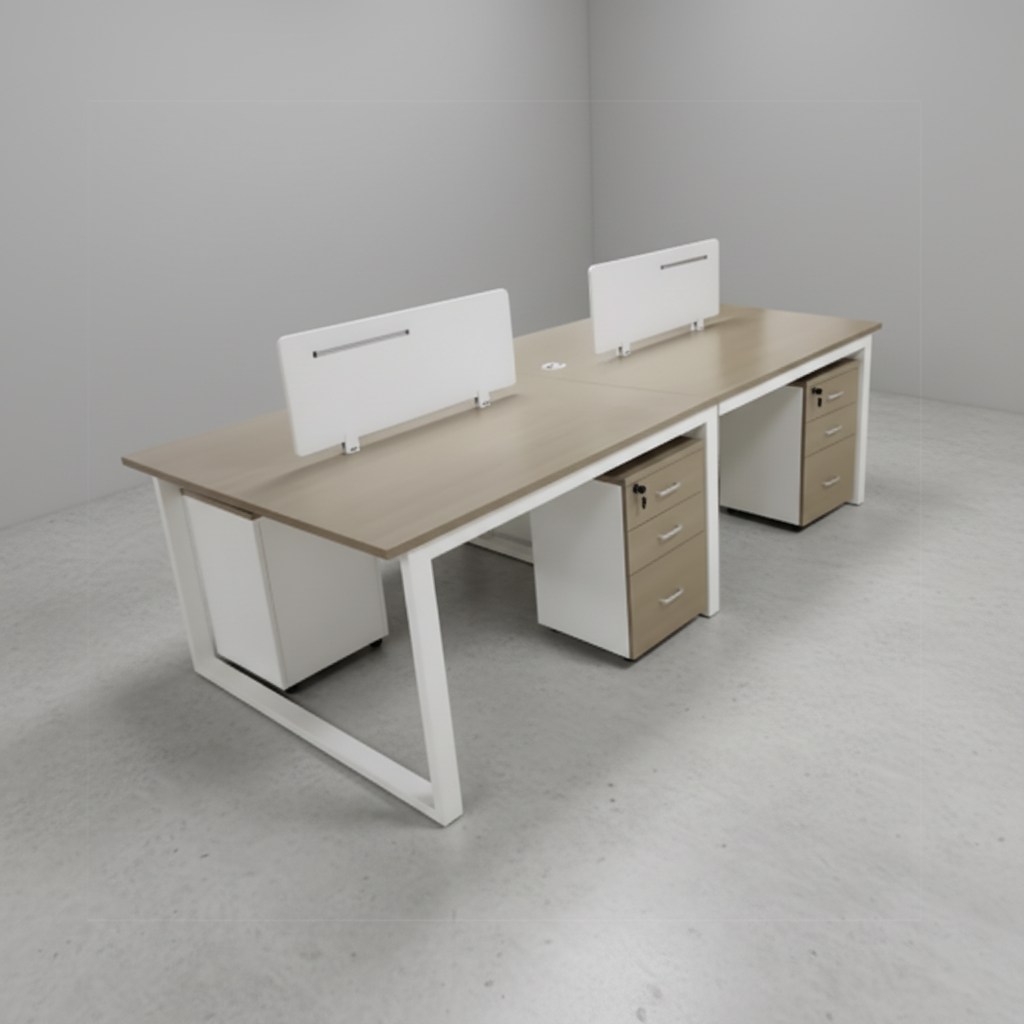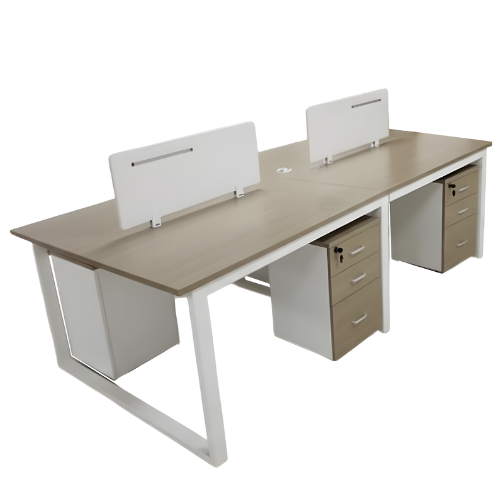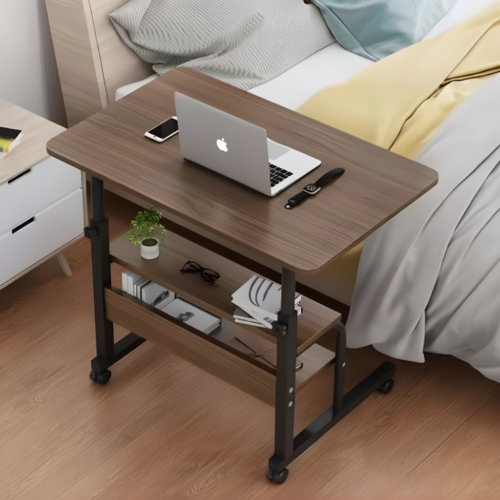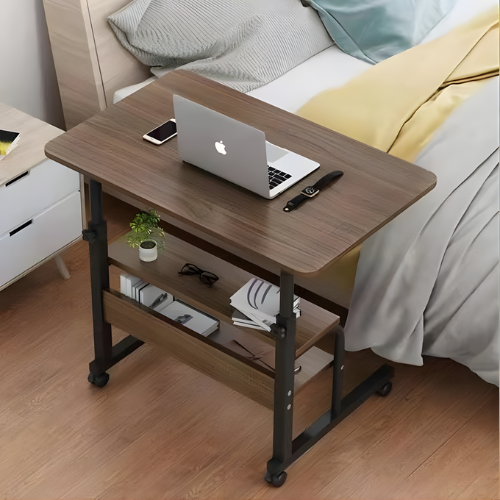This article is part of the HOGDigest editorial series. → Explore HOGDigest
People's lives are influenced by the weather conditions in their location, and if the area is hit by winter every year, some activities will be affected, particularly during this period. Rather than relocating during the winter season and suffering the cost and inconvenience of leaving your house, why not make improvements that will allow you to relax at home? As a consequence of recent technology advancements, you may now use your pools beyond the warm season and far into the winter season. The methods listed below can be used to do this.
Gas Heating
To heat the pool, this technology uses either natural gas or propane as a fuel source. They are favored in colder places since they can heat a swimming pool regardless of the temperature of the surroundings because they are largely powered by gas.
Gas heating is preferred over heat pumps because;
- It operates more efficiently in colder conditions because of the ease with which it heats swimming pools under these conditions
- It heats pools more quickly and thus offers on-demand heat for pool owners
Despite its many benefits, gas heating suffers from several setbacks which are;
- It is the least energy-efficient method due to its high operating costs totaling over $300 monthly
- It is not durable since it has a short lifecycle of approximately 5 years
In case you decide to install a gas heater, it is advisable to seek expertise from accredited firms that offer pool heater installation services.
Heat Pump
When considering energy efficiency, heat pumps are considered the best option. They operate by transferring heat from one source to another and since they utilize ready sources of energy, they end up minimizing electricity costs. The two types currently in existence include the water source and air source heat pump.
Water source
Though not a popular option, it utilizes modern technology to harness heat from water bodies such as lakes and is preferred in areas where temperatures fall below 10 degrees Celsius. Its equipment requires minimal space and its limitations are encountered only during the installation process where long water pipes are required as well as the access to water bodies. The process is also time-consuming and expensive but on completion, the owner incurs minimum maintenance costs.
Air Source
They use air from the surrounding to heat the pool and generally operate above 55˚F. Certain Air source heat pumps can operate below this temperature to as low as 24˚F but the complexity of heating increases with the decrease in the surrounding temperature.
Electrical Resistance Heaters
As the name suggests, swimming pools are heated using electric heaters. They are generally preferred over gas heaters when considering energy and cost efficiency since they are better at heat retention. Experimental results reveal that electrical heaters lose only 1 every 3 hours as opposed to gas heaters which lose the same value in a third of the time. This means that an electric heater can maintain the desired temperature for much longer.
However, the technology has some drawbacks, including greater installation costs when compared to gas heating and higher heating expenditures when compared to heat pumps. Heat pumps, as previously said, exclusively use heat from ready sources, but electric heaters rely solely on producing heat from power, rising heating costs.
Solar Water Heating
A solar heating system works by pumping cold pool water into solar collectors which heat the water and re-circulate it back into the pool. On attaining the required temperature, the water is diverted into the pool and does not pass through the solar collectors. The system is automated and is continuously monitored by sensors present in the pool and the solar collectors to provide optimal functionality. This method boasts of a variety of benefits which include being environmentally friendly as well as having low operating and maintenance costs. When considering its installation, one has to consider several factors which include the location, climate, and usage time.
Final Take
Now that you know a variety of ways in which you can prolong your time in the pool despite the weather, go on ahead to your preferred accredited pool specialist and choose the method that keeps you afloat all year long.
Authors Bio.: Regina Thomas







